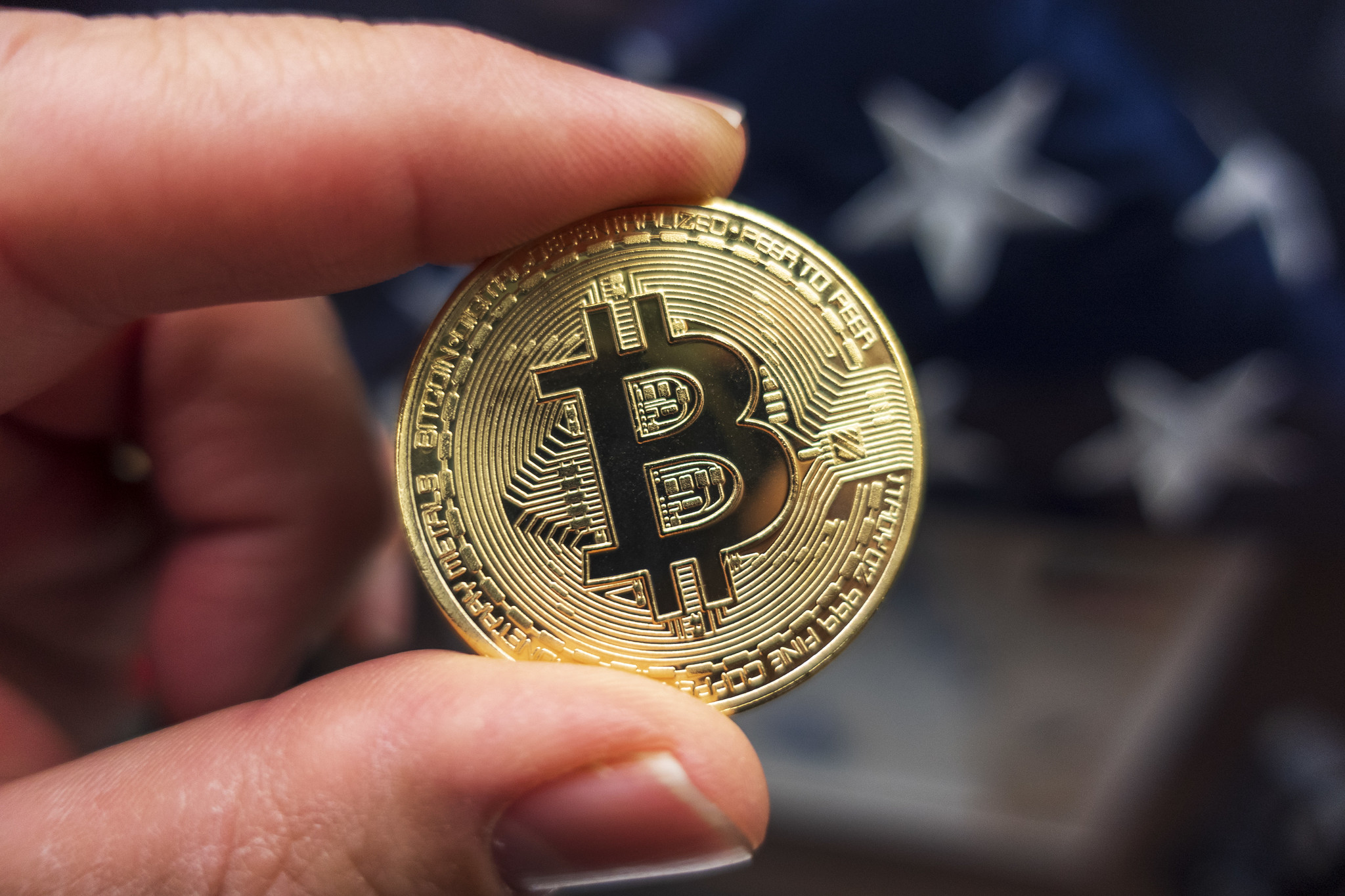Pi network cryptocurrency
The day after the coin’s turbulent launch, So made the Tuah Foundation an off-shore entity and sold 17% of the tokens through the foundation to a group of people to escape securities laws, according to the complaint crypto walking app.
In the wake of the sudden crash, investors, who were primarily her fans, accused Welch and her $HAWK team of “rug pull” scam. However, billionaire investor Mark Cuban recently defended her, saying, “It wasn’t something she fully understood.” “But she trusted the people around her,” the Shark Tank star added during a podcast with The Washington Post‘s Jules Terpak.
Emily Brown is UNILAD Editorial Lead at LADbible Group. She first began delivering news when she was just 11 years old – with a paper route – before graduating with a BA Hons in English Language in the Media from Lancaster University. Emily joined UNILAD in 2018 to cover breaking news, trending stories and longer form features. She went on to become Community Desk Lead, commissioning and writing human interest stories from across the globe, before moving to the role of Editorial Lead. Emily now works alongside the UNILAD Editor to ensure the page delivers accurate, interesting and high quality content.
The coin was inspired by Welch, 22, who shot to internet fame earlier this year after making a raunchy comment during TikTok video that went viral. She has since capitalized on her newfound fame with custom merchandise and a podcast, “Talk Tuah.”
But earlier this month, disaster struck when Welch released $HAWK, a cryptocurrency based on her valuable personal brand. Such crypto assets, known as “meme coins,” are known as volatile investments, and tend to trade according to the boom-and-bust cycles of the online phenomena that inspire them. Welch’s coin, developed by partners running a foundation out of the Cayman Islands, spiked in value when it debuted only to crater within hours, plummeting more than 90 percent from a market cap of nearly $500 million to under $30 million.
Pi network cryptocurrency
Nicolas Kokkalis and Chengdiao Fan, two Stanford University researchers, founded Pi Network. They began developing it in 2018 with the goal of making a digital currency for everyday people. They released a white paper and the Pi Network app on March 14, 2019 (Pi Day).
If you want to start saving up Pi, it’s a simple process. Will this cryptocurrency ever have any value? Time will tell, but the Pi Network is extremely unconventional and controversial, and it offers little use so far, so look for other options if you plan to make crypto part of your investment portfolio. You could try cryptocurrency stocks or investing in cryptocurrencies that are available to buy and sell such as Bitcoin and Ethereum (CRYPTO:ETH).
That’s one way to look at it, but don’t hold your breath on Pi being worth anything in the future. The project has been around for years without launching, and its cryptocurrency has zero value. There has even been speculation that it could be a social experiment to see how long people will continue mining a cryptocurrency they can’t withdraw or use.

Nicolas Kokkalis and Chengdiao Fan, two Stanford University researchers, founded Pi Network. They began developing it in 2018 with the goal of making a digital currency for everyday people. They released a white paper and the Pi Network app on March 14, 2019 (Pi Day).
If you want to start saving up Pi, it’s a simple process. Will this cryptocurrency ever have any value? Time will tell, but the Pi Network is extremely unconventional and controversial, and it offers little use so far, so look for other options if you plan to make crypto part of your investment portfolio. You could try cryptocurrency stocks or investing in cryptocurrencies that are available to buy and sell such as Bitcoin and Ethereum (CRYPTO:ETH).
What is cryptocurrency
Systems of anonymity that most cryptocurrencies offer can also serve as a simpler means to launder money. Rather than laundering money through an intricate net of financial actors and offshore bank accounts, laundering money through altcoins can be achieved through anonymous transactions.
Node owners are either volunteers, those hosted by the organization or body responsible for developing the cryptocurrency blockchain network technology, or those who are enticed to host a node to receive rewards from hosting the node network.
In Russia, though owning cryptocurrency is legal, its residents are only allowed to purchase goods from other residents using the Russian ruble while nonresidents are allowed to use foreign currency. Regulations and bans that apply to bitcoin probably extend to similar cryptocurrency systems.

Systems of anonymity that most cryptocurrencies offer can also serve as a simpler means to launder money. Rather than laundering money through an intricate net of financial actors and offshore bank accounts, laundering money through altcoins can be achieved through anonymous transactions.
Node owners are either volunteers, those hosted by the organization or body responsible for developing the cryptocurrency blockchain network technology, or those who are enticed to host a node to receive rewards from hosting the node network.
In Russia, though owning cryptocurrency is legal, its residents are only allowed to purchase goods from other residents using the Russian ruble while nonresidents are allowed to use foreign currency. Regulations and bans that apply to bitcoin probably extend to similar cryptocurrency systems.
